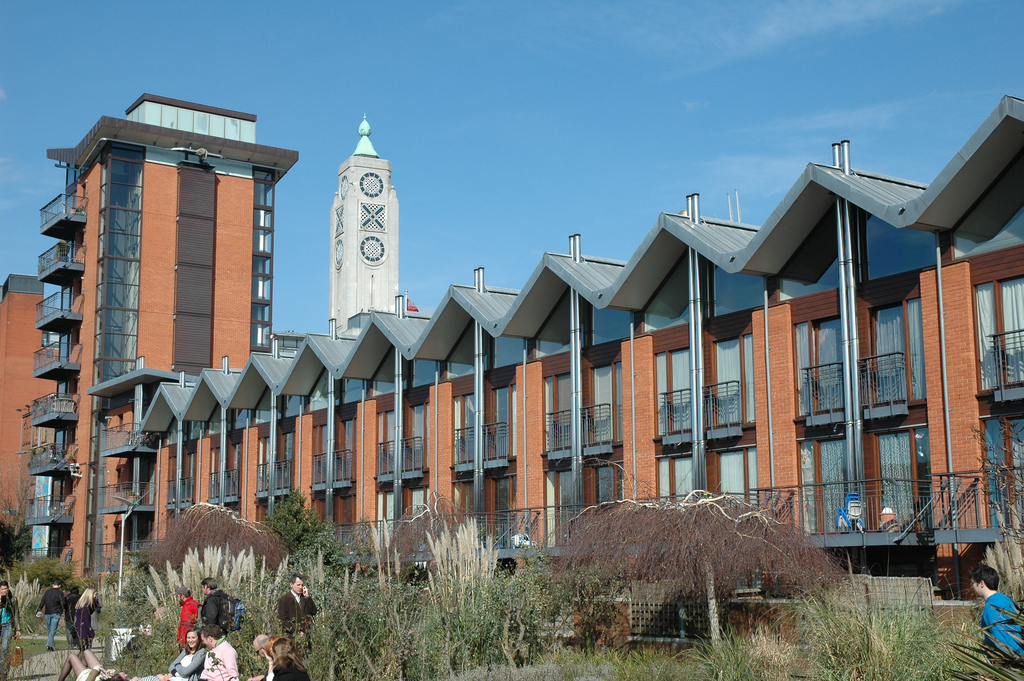A group living in the private rented sector and working towards a long-term housing solution.
They aim to have secure, affordable homes, combining personal autonomy with communal elements like shared space, decision making and facilities.
Several members are active in housing campaigns such as the London Renters’ Union and are motivated by collective ownership of property, rather than seeing it as an asset. They want to create a future community of 10 households in North East London with a caring and supportive environment and where residents are democratically in control.
They are incorporated as a Mutual Home Ownership Society which allows the accumulation of acquiring equity shares as part of monthly payments.
How we’re helping
We have provided advice and supported incorporation and proposals for sites in LB Waltham Forest.
